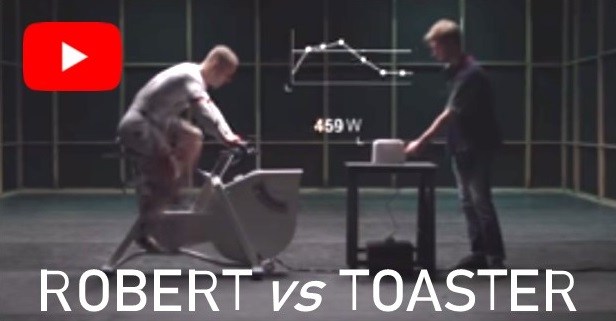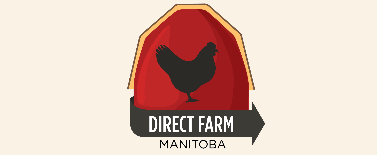Empty Versus Full
 Wednesday, October 25, 2017 at 6:54PM
Wednesday, October 25, 2017 at 6:54PM By Eric Rempel
 There was a time when the earth was “empty”. This was a time when the oceans and lakes were full of fish and much land was under-utilized. At that time the sensible way to increase the fish harvest was to build more fishing boats. At that time, there was unquestionable merit in making the fish harvest more efficient – bigger boats, better nets, and whatever else fishers do to make fishing more efficient. We humans became very good at this.
There was a time when the earth was “empty”. This was a time when the oceans and lakes were full of fish and much land was under-utilized. At that time the sensible way to increase the fish harvest was to build more fishing boats. At that time, there was unquestionable merit in making the fish harvest more efficient – bigger boats, better nets, and whatever else fishers do to make fishing more efficient. We humans became very good at this.
But then the world “filled up” -- that is the size of the fish harvest was no longer limited by the human ability to pull fish out of the water. No, the size of the fish harvest was limited by the number of fish in the ocean. There may be some uncertainty as to the exact date when the oceans transitioned from “empty” of fishers to “full” of fishers, but there can be no doubt that this transition has occurred.
There was a time when the cod on the Grand Banks of Newfoundland were so abundant that John Cabot's crew harvested them with fishing baskets. However by 1990 the cod fishery had collapsed. In spite of a moratorioum on haresting cod, it has not recovered. For all practical purposes, there are no more cod to fish. What has happened to the cod harvest is currently occurring with all of the world's fish stocks. If you are not convinced, google “peak fish harvest”.
When you think about it, you realize that for most of our history, we humans have been dealing with an “empty” ocean; an ocean where the appropriate way to increase the size of the fish harvest has been to find ways of catching more fish. Unquestionably we, and more specifically fishers, have become very good at that. The problem is that when ocean actually “fills up” with fishing boats, we humans don't know how to deal with that – basically because until recently we have not had to. As a result, we are not good at identifying that we have in fact transitioned to a “filled-up” ocean; secondly even when we should be realizing that we are dealing with a “filled-up” ocean, many will deny it; and thirdly we find ourselves at a loss as to how we need to respond in the “filled-up” ocean senario.
The result of not dealing with the “filled-up” reality with respect to the cod fishery is obvious. This is why I have drawn attention to that. But similar blindedness is occurring all around us. Take oil. When humans began using oil, it could be scooped up from the surface of the earth. Readers familiar with the Bible will recall the story of the Tower of Babel. That story draws attention to a building innovation: using tar to bond bricks to place stone and mortar. I doubt that then there was any thought of tar scarcity. Today our easy oil is gone, but we are doing little to save what is left.
Readily available phosphate – phosphate essential to plant life – is gone.
We are consuming our forests faster than they can regrow.
Etc. etc. Efficiency is good, and we are good at it. But what we need now is not efficiency. We need frugality.
We are building more efficient cars, but it seems this is offset by driving more. Our gas furnaces are more efficient then they used to be, but we are building bigger houses. But to survive, we need to find ways of living with a smaller fish catch. We need to find ways of living more frugally. This will require committment at the individual level, but we will also need government policies that will encourage frugality.


